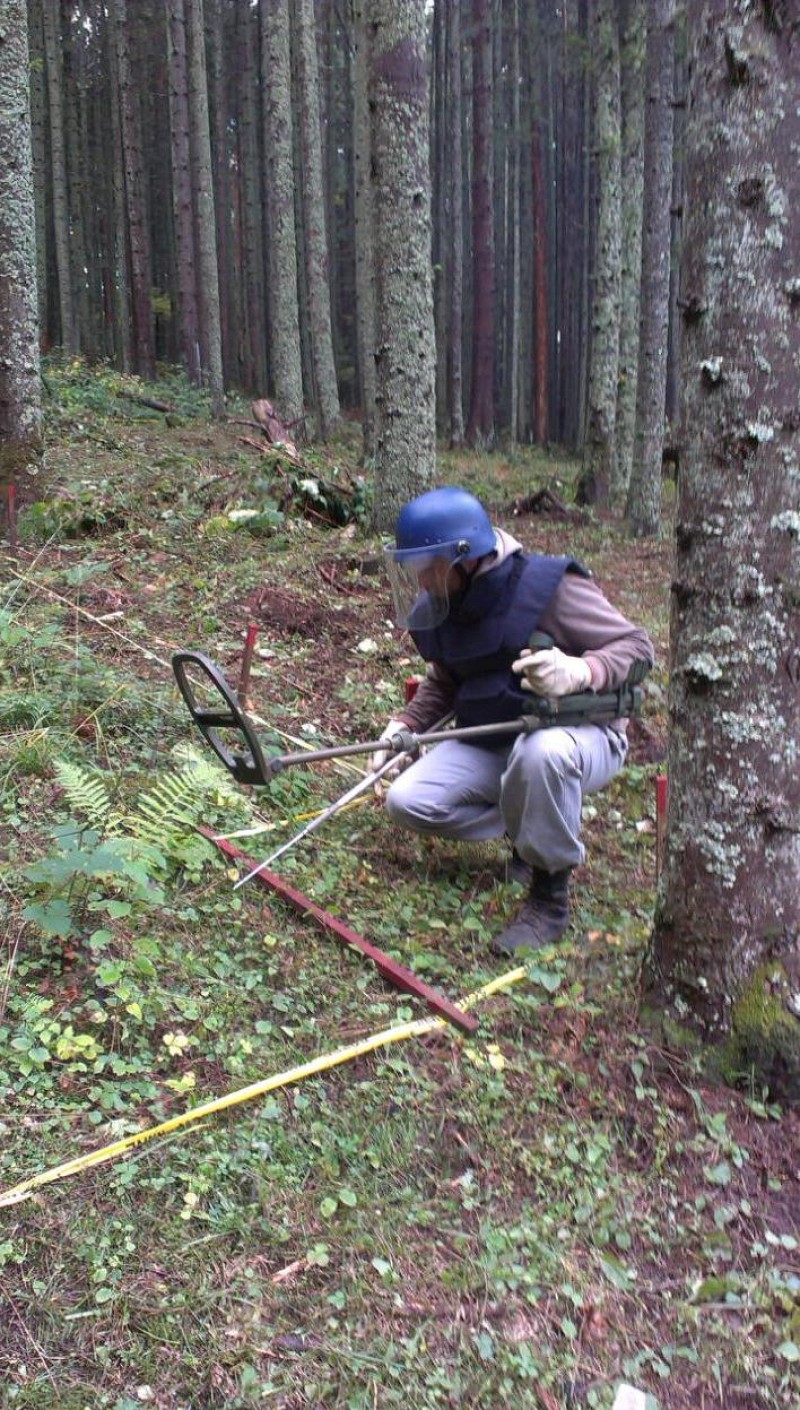Slovenia’s Development Cooperation

In January 2016, ITF has entered into various donation agreements with the Ministry of Foreign Affairs of the Republic of Slovenia for the implementation of projects in Afghanistan, Gaza, Bosnia and Herzegovina, Ukraine, Belarus and Lebanon. A total of 265,000 EUR is intended for activities that address a wide spectrum of human security in societies hurt by armed conflicts and other deteriorating circumstances. Below, some brief information on related projects.
“Support to Mine Detection Centre (MDC) Polyclinic in Kabul, Afghanistan”
The project targets the most vulnerable Afghan citizens with an emphasis on women, who cannot afford payable health services. The MDC Polyclinic provides health care services free of charge. The project will target especially women in need of gynaecological and dental treatment, patients in need of physiotherapy, as well as radiological examinations.
“Psychosocial Support to Victims of Conflicts, Support in the Field of Comprehensive Rehabilitation and Capacity Building in Palestine”
The project encompasses a broad array of activities and aims to:
- Improve the skills and capacities of experts in the field of physical medicine and rehabilitation. Two experts from the West Bank are to attend training at the University Rehabilitation Institute of the Republic of Slovenia.
- Improve the psychosocial wellbeing of children from Gaza.
- Contribute to a faster and more effective reintegration of conflict victims into the society, as well as improve their employment opportunities.
“Support of ITF Implementation Office in Bosnia and Herzegovina”
The funds provided will allow ITF to fulfill the following tasks within activities related to mine action:
- Implementation of the necessary steps for the organization and execution of tender procedures.
- Enabling the presence of ITF that is directly involved in the financing, monitoring and implementation of demining projects in Bosnia and Herzegovina.
- Assessment of humanitarian and socio-economic aspects of the project and preparation of reports for donors.
- Monitoring of the implementation of demining activities as well as QA activities and assessment of eligibility of the projects and working sites as such.
- Communication and coordination of works between the various groups responsible for demining as well as donor representatives (Embassies).
“Enhancing Psychosocial Wellbeing of Children from Ukraine”
Since 2014, ITF has been providing psychosocial support for Ukrainian children that have been severely affected by traumatic and violent events during the armed conflict. Until the end of 2015, 160 children divided in 4 groups underwent specialized treatment organized at the Slovenian Red Cross Youth and Health Resort in the natural healing climate of Debeli rtič, on the Slovenian coast. With continuous support provided by the Republic of Slovenia, additional 80 children will be included in the project in 2016.
“Medical Rehabilitation for Children from Belarus”
ITF, on the basis of an agreement between the governments of Belarus and Slovenia and in cooperation with the Slovenian Red Cross, has been implementing a medical rehabilitation project for up to 30 Belarusian children aged from 7 to 14 years that have suffered from the consequences of radiation following the 1986 nuclear accident in Chernobyl.
“Psychosocial support and basic education for Syrian refugees in Lebanon, with an emphasis on children and adolescents - Support of the Centre for Psychosocial and Educational Assistance ‘Tomorrow is Ours’”
The “Tomorrow is Ours” project, supported by the generous donation of the Ministry of Foreign Affairs of the Republic of Slovenia, is taking place in a Centre at the Shatila refugee camp, southern Beirut. It addresses psychosocial and educational needs of Syrian refugees – around 200 children. The project aims to provide Syrian refugees with educational and psychosocial care and attention that will enable them to overcome the sufferings and difficulties they have experienced during times of conflict and prolonged periods of being refugees.